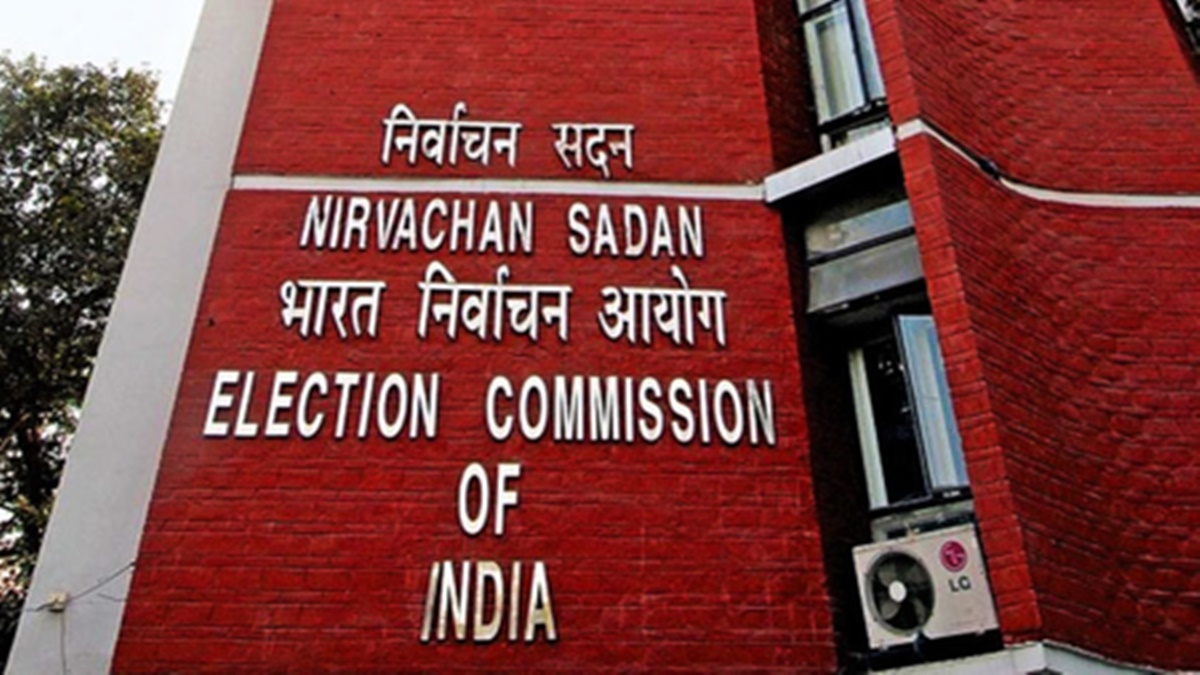In a move to “clean up” the electoral system, the Election Commission of India (ECI) on Saturday delisted 345 Registered Unrecognised Political Parties (RUPPs), which have failed to fulfil the essential criteria of contesting even a single election for the last six years since 2019 and whose offices could not be physically located at the address mentioned in their registered documents.
“After considering all the facts and recommendations of the CEOs, the Commission has delisted 334 RUPPs. Now, out of the total of 2854 RUPPs, 2520 are remaining,” the ECI said in a statement.
“These RUPPs will now not be eligible to avail any benefit under the provisions of Section 29B and Section 29C of the RP Act, 1951 read with the relevant provisions of the Income Tax Act,1961 and the Election Symbols (Reservation and Allotment) Order, 1968. Any party aggrieved by this order can appeal to the Commission within 30 days of the order,” it further added.
The delisting of RUPPs is part of ECI’s comprehensive and continuous strategy to purge the system of parties which have become redundant and merely exist on paper.
It was in June 2025 that the EC had set the ball moving for “purging exercise” and directed the CEOs of States & union territories (UTs) to conduct verification enquiries of 345 RUPPs regarding compliance with the above conditions
In the report submitted by respective Chief Electoral Officers (CEOs), 334 RUPPs out of total 335, were found not complying with the above conditions.
CEOs conducted inquiries, issued show-cause notices to these RUPPs and provided each party an opportunity to respond and present their case through personal hearings.
At present, there are six national parties, 67 state parties and 2,854 RUPPs registered with ECI.
According to existing EC guidelines, if any party does not contest elections continuously for 6 years, it is be taken off the list of registered parties.
Since 2022, the poll panel has delisted 284 defaulting and non-compliant RUPPs and declared 253 RUPPs inactive as part of its efforts to clean up the political space, occupied by non-functional parties.
(With inputs from IANS)










